What Are Tapered Joggers?
The Modern Athleisure Essential
Tapered joggers redefine today’s athleisure silhouette—slim at the ankle, relaxed at the thigh, and versatile enough for training, travel, or everyday wear. As comfort-driven fashion dominates 2025’s global apparel trends, this hybrid design blends performance, sustainability, and premium tailoring. Search data now shows over 27,000 monthly global queries for “tapered joggers,” confirming their role as a core product across men’s and women’s activewear.
More than a passing trend, tapered joggers have evolved into a category essential for private-label and direct-to-consumer brands. Their adaptable fit, ease of grading, and consistent resale value make them a profitable addition to any apparel line.

Why Tapered Joggers Dominate Custom Apparel in 2025
Whether you’re launching a start-up or scaling an established label, tapered joggers are a smart investment. According to Euromonitor (2025), European athleisure grew by 18 percent year-over-year, with joggers ranking among the top three most requested custom items. Their balanced cut delivers flattering proportions across genders and markets while maintaining manufacturing efficiency.
- Universally flattering design – relaxed through the thigh, slim at the ankle.
- Compatible with sustainable fabrics – organic cotton, recycled polyester, and French terry.
- Low return rates – consistent sizing and forgiving stretch reduce fit issues.
- High resale value – viewed as premium athleisure staples.
Compared to slim or regular joggers, the tapered fit offers a cleaner silhouette suitable for gym, lounge, or streetwear collections.
Manufacturing Tapered Joggers in Portugal
Portugal has become the benchmark for ethical, high-quality activewear manufacturing in Europe. Regions like Braga and Guimarães specialize in knitwear, fleece, and sportswear—making them ideal for premium jogger production. Partnering with a certified Portuguese factory means faster EU delivery, lower minimum order quantities, and access to sustainability credentials recognized worldwide.
Typical production workflow:
- Design & Tech-Pack Review – Confirm fit blocks, grading, and branding references.
- Fabric Sourcing – From local GOTS-certified textile mills.
- Sampling – Prototype turnaround within 7–10 business days.
- Bulk Manufacturing – Average lead time 4–6 weeks.
- Inspection & Fulfillment – 100 percent QC before shipment.
Portugal’s small-batch flexibility (100–300 units MOQ) and consistent EU logistics make it a top destination for premium custom joggers.
Pricing & Global Comparison
Cost structures vary by region, but quality differentials are substantial:
- Portugal (Athleisure Basics) – €18–€32 / unit, 4–6 weeks, 100–300 MOQ (EU).
- Turkey – €15–€28 / unit, 5–7 weeks, 300 MOQ (EU & Asia).
- China – €10–€22 / unit, 7–9 weeks, 500 MOQ (Asia).
- Bangladesh – €8–€18 / unit, 9–12 weeks, 1000 MOQ (Asia).
Although Asia provides lower unit costs, Portugal’s premium finishing, sustainability certifications, and ethical standards deliver higher perceived value—ideal for brands targeting mid-to-luxury markets.
Fabric and Material Innovation
The best tapered joggers balance structure and softness. Portuguese mills offer sustainable blends such as:
- Organic Cotton French Terry (240–300 gsm) – Breathable, soft, everyday wear.
- Brushed Fleece (300–360 gsm) – Warmth and structure for colder seasons.
- Recycled Polyester Blends – Enhanced durability and moisture control.
- Cotton-Elastane Mixes – Improved shape recovery for training.
Portuguese producers rely on GOTS and OEKO-TEX-certified mills to guarantee comfort and responsible sourcing.
Sustainability & Eco Manufacturing Leadership
Portugal leads Europe’s sustainable textile movement. Athleisure Basics integrates the following standards into every jogger line:
- GOTS-certified cotton – 100 percent organic fibers with verified traceability.
- OEKO-TEX Standard 100 dyes – ensuring non-toxic production.
- Recycled polyester (rPET) – saves significant CO₂ emissions vs virgin fiber.
- Closed-loop dyeing systems – reduce water usage by 40–60 percent.
- Solar-powered factories – providing around 25 percent of energy needs in northern Portugal.
These innovations make Portuguese-made joggers among the most eco-responsible garments available, supporting a circular fashion economy.
Design and Customization Options
Athleisure Basics supports advanced customization for every brand tier:
- Fabric Weights: 240–360 gsm loopback or fleece.
- Cuffs & Waistbands: Ribbed, elastic, or open-hem.
- Pockets: Side-seam, hidden zip, or cargo designs.
- Finishing Treatments: Silicone wash, enzyme finish, brushed interior.
- Branding: 3D silicone patches, embroidery, reflective prints.
Integrated branding ensures consistency from factory floor to final packaging, backed by comprehensive tech packs that maintain design integrity.
Step-by-Step: How to Start Your Custom Jogger Project
- Outline your target market and fit specs (men’s, women’s, unisex).
- Develop a tech pack with flat sketches and fabric details.
- Choose fabric weights and branding styles based on seasonality and budget.
- Request prototype samples (7–10 days).
- Review and approve PP sample before bulk run.
- Confirm labels and packaging to match your branding guidelines.
Working directly with Portuguese manufacturers allows for close communication, reliable updates, and transparent pricing structures—ideal for fast-growing apparel businesses.
Trend Insight: Global Demand for Tapered Joggers (2020–2025)
Search data illustrates remarkable growth in global interest for tapered joggers:
- 2020 – 9,800 avg. searches monthly
- 2021 – 13,500 (+38 %)
- 2022 – 18,700 (+38 %)
- 2023 – 22,900 (+22 %)
- 2024 – 25,800 (+13 %)
- 2025 (est.) – 27,100 (+5 %)
The steady rise reflects the global shift toward hybrid workwear and premium athleisure as long-term fashion standards. Brands that offer versatile customizable pieces like tapered joggers benefit from this momentum.
FAQs
What are realistic MOQs and lead times for tapered joggers made in Portugal?
Portuguese factories usually offer 100–300 units per color/style, with sampling in 7–10 days and bulk lead times of 4–6 weeks. This makes Portugal ideal for small-to-medium apparel brands targeting fast, ethical production.
How does Portugal compare with Asia for cost and sustainability?
While Asia may offer cheaper unit pricing, Portuguese manufacturing excels in quality, transparency, and eco-certification. Faster EU shipping, smaller MOQs, and cleaner energy sources create a superior total value for premium brands.
Which certifications should I request from a Portuguese manufacturer?
Look for GOTS, OEKO-TEX Standard 100, and documented worker-safety or Higg/GRS scores to verify responsible operations.
What quality-control steps ensure perfect joggers?
Follow a structured QC checklist – prototype approval, inline inspection, final AQL sampling, and color/size verification before shipment.
Which fabric weights work best for premium tapered joggers?
Use 240–360 gsm loopback French terry or brushed fleece depending on season. Add elastane for stretch and durability.
Does recycled polyester reduce carbon emissions?
Yes – mechanical rPET significantly cuts energy use and GHG emissions versus virgin polyester, while maintaining performance.
Which sustainable finishes add softness?
Enzyme and silicone washes deliver luxurious handfeel without high-VOC chemicals, and closed-loop dyeing saves water.
How to prevent shrinkage across sizes?
Pre-wash fabric and include clear tolerance rules in your tech pack (±1 cm). Portuguese mills excel at controlled finishing that minimizes shrinkage.
What branding options suit luxury jogger lines?
Choose 3D silicone logos, embroidery, and reflective prints for functional yet premium appeal. Portuguese factories offer full label and packaging integration.
How can small brands add zips or pockets affordably?
Use modular design options (same pattern, different hardware). Local Portuguese suppliers keep accessory costs low and lead times short.
Which customization features impact unit cost most?
Fabric type & GSM, pocket complexity, and premium finishes drive pricing variations. Transparency from Portuguese suppliers lets brands budget accurately.
What should a tech pack include for jogger production?
List all measurements, stitch types, fabric composition, branding placements, Pantone codes, and approved PP sample photos to avoid production errors.
Conclusion / Summary
Tapered joggers are more than an athleisure trend—they’re a commercially proven, sustainable product for modern brands. Manufacturing in Portugal delivers the best blend of premium craftsmanship, ethical standards, and efficient lead times. By leveraging eco-certified fabrics and modular customization, your brand can launch a collection that meets both style and sustainability demands of 2025 and beyond.
Start your project today with Athleisure Basics Jogger Collection and join leading European brands that trust Portuguese craftsmanship to elevate their custom athleisure lines.
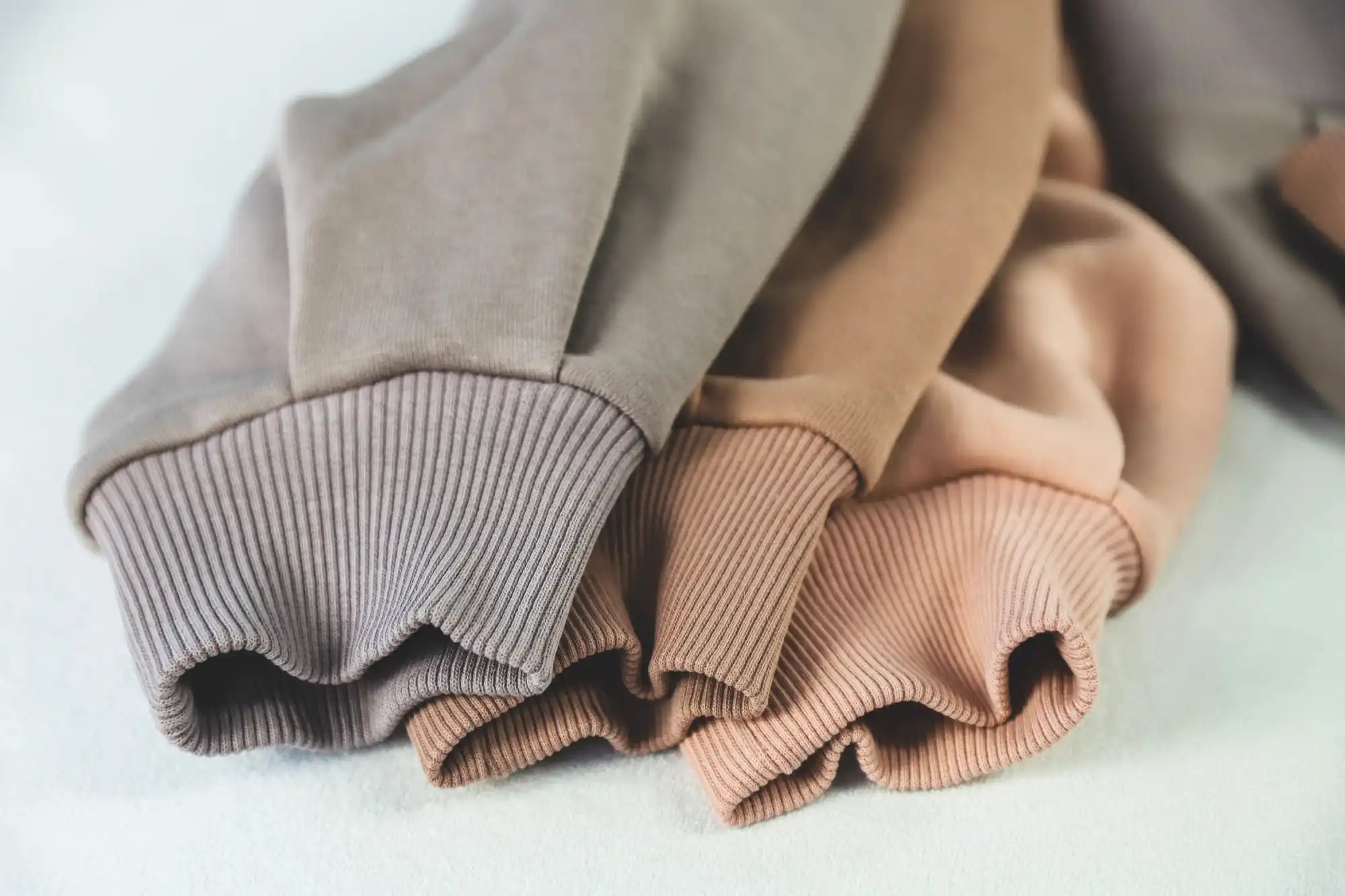
Materials & Fabrics for Clothing Production
Explore cotton, French terry, jersey, fleece, and sustainable blends used in premium apparel manufacturing.
Explore Premium Apparel Fabrics Guide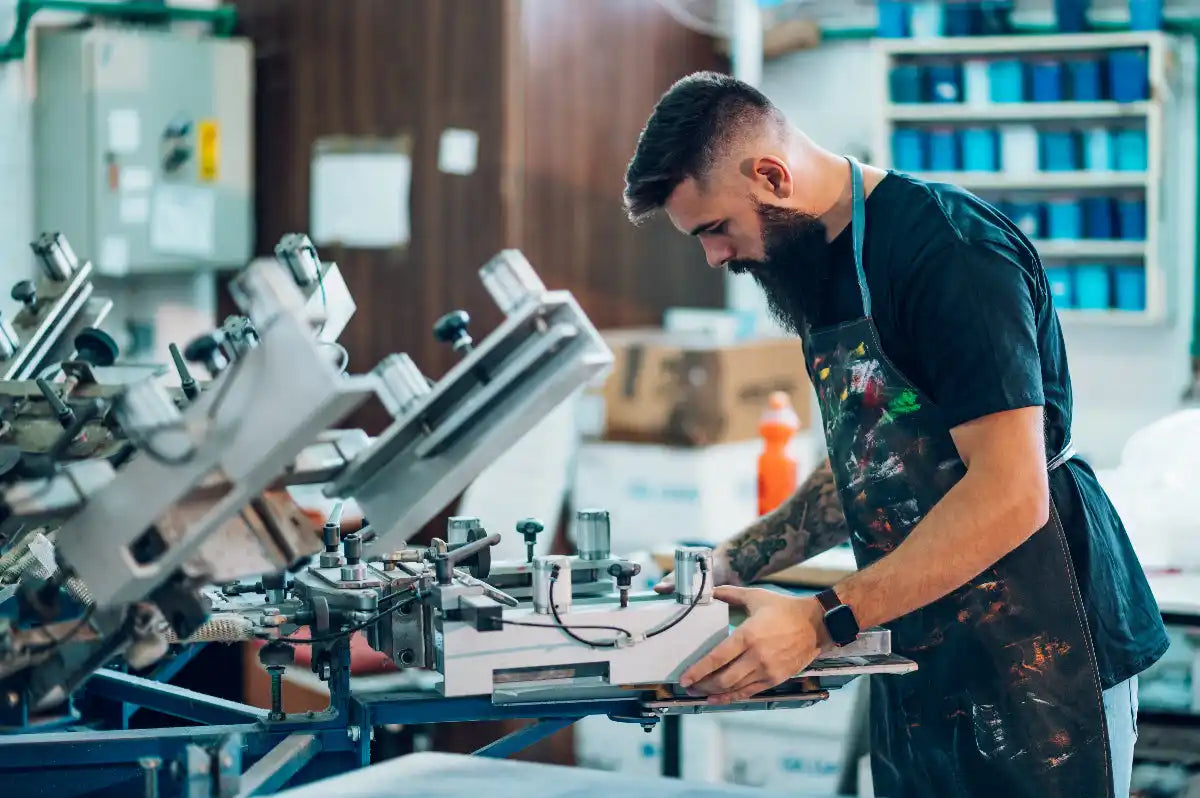
Printing Techniques for Apparel Production
Screen printing, embroidery, puff prints, and digital methods for custom clothing manufacturing.
Explore Custom Apparel Printing Techniques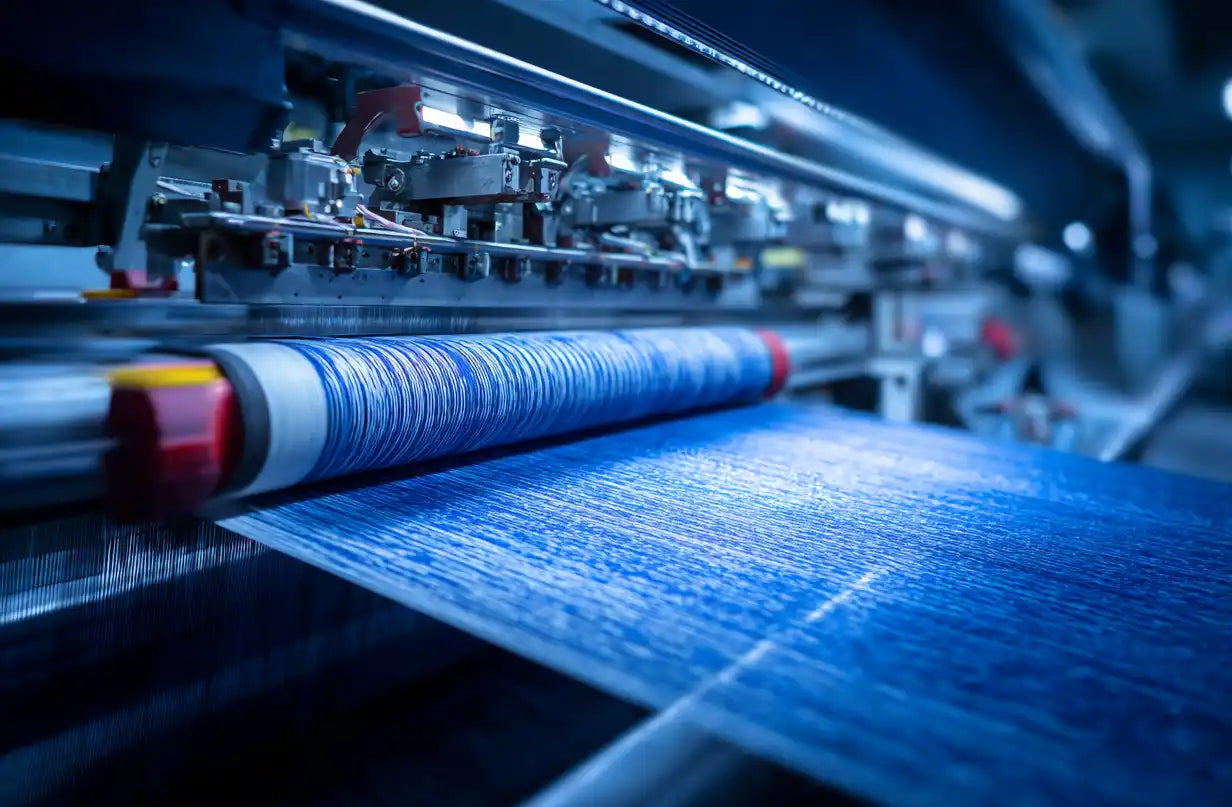
Dyeing Techniques in Clothing Manufacturing
Garment dye, pigment, acid wash, and stone wash finishes that create unique apparel designs.
Compare Apparel Finishing Techniques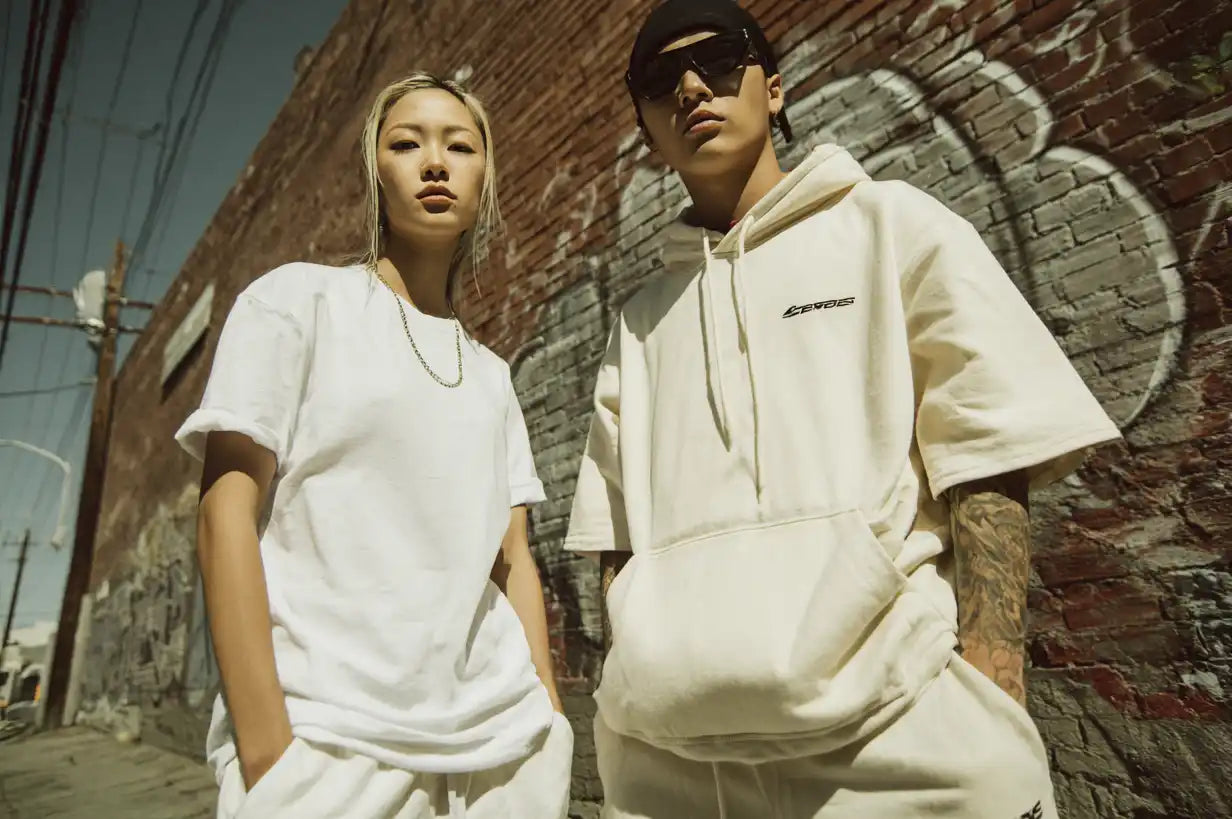
Popular Clothing Items for Custom Apparel
Hoodies, joggers, t-shirts, leggings, and biker shorts — essentials for every apparel collection.
Explore Popular Custom Clothing Items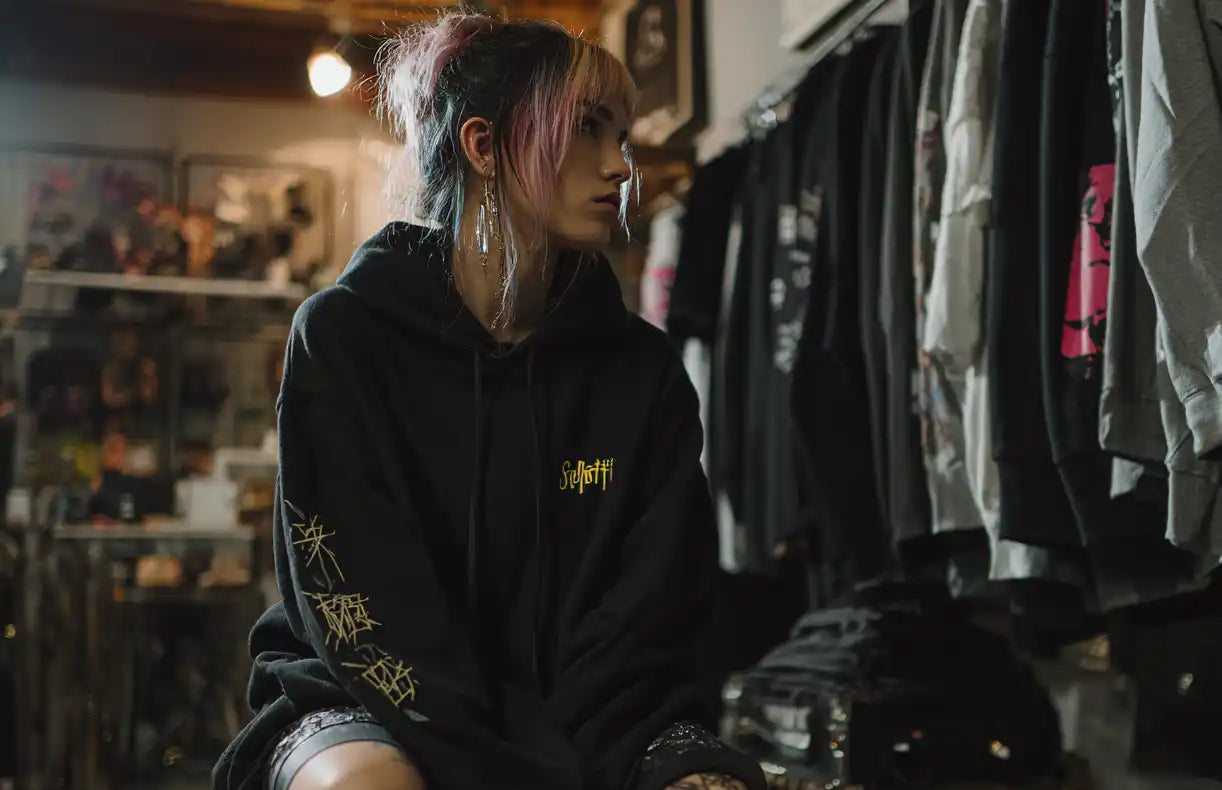
Trends & Designs in Modern Apparel
Oversized fits, streetwear influences, and activewear styles driving custom clothing production.
Explore Trends & Designs for Apparel Development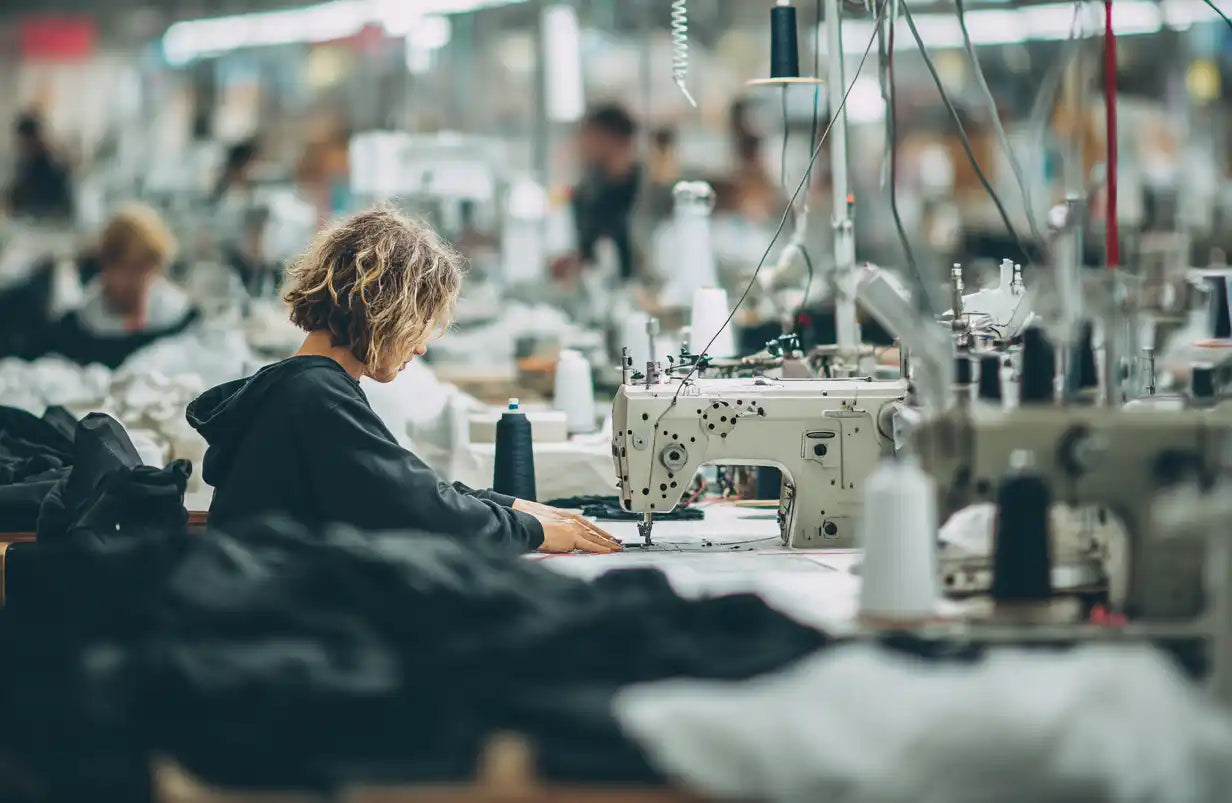
Sustainable & Ethical Clothing Production
OEKO-TEX® certified fabrics, organic cotton, and ethical apparel manufacturing in Portugal.
Understand Sustainable & Ethical Clothing Production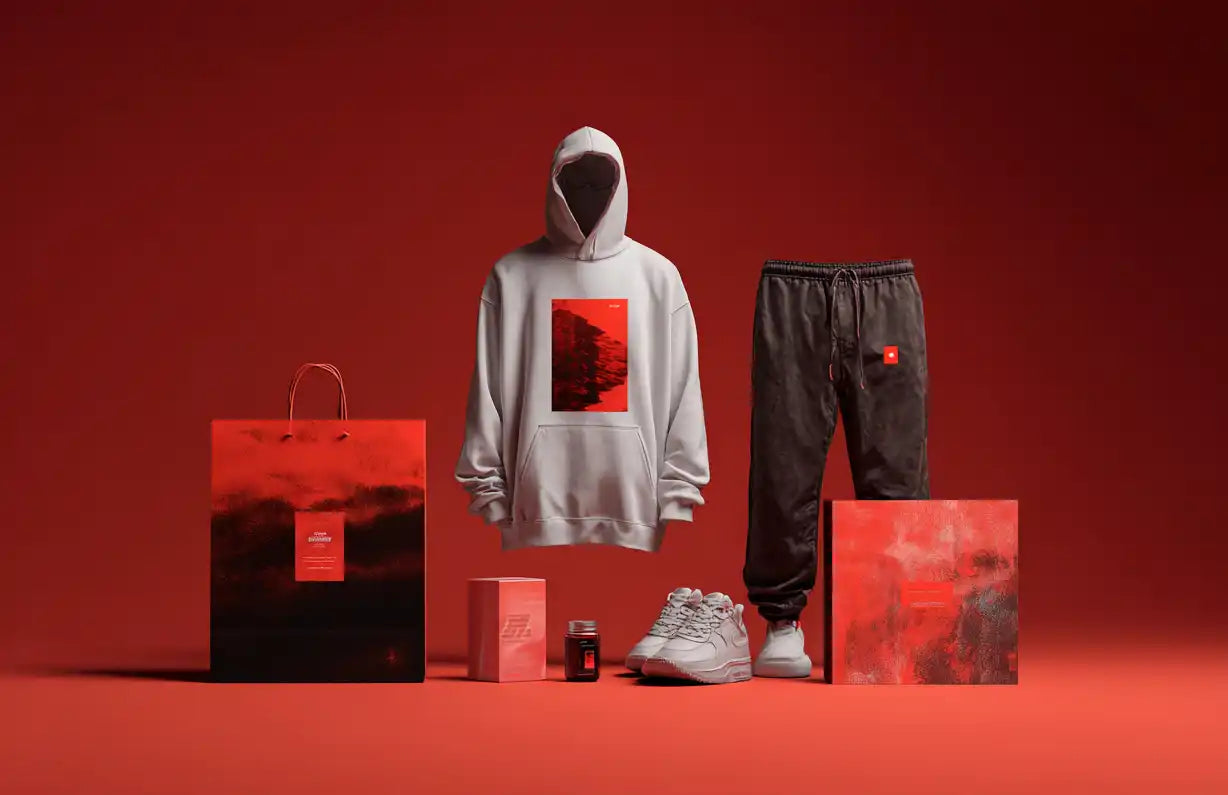
Essentials for Custom Clothing Production
Custom labels, packaging, and trims that elevate your apparel brand in production.
Explore Essentials for Custom Clothing Production
Resources for Custom Clothing Production
Startup guides, logistics support, and scaling strategies for apparel brands and wholesale clients.
Explore Resources for Custom Clothing Production
Clothing Manufacturing Glossary
Explore a complete glossary of clothing and garment manufacturing terms
The Complete Clothing Manufacturing Glossary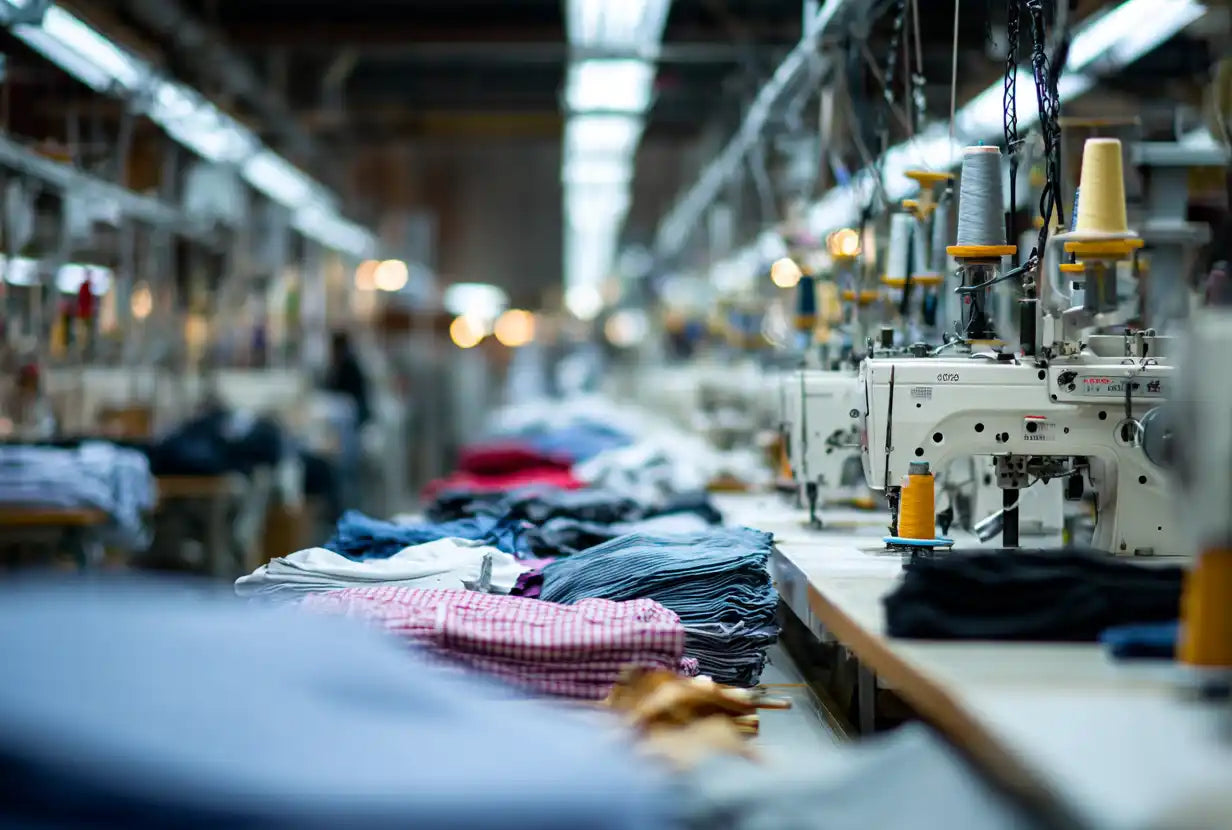
The Best Clothing Manufacturers
Explore global clothing manufacturers by country
Explore The Best Clothing Manufacturers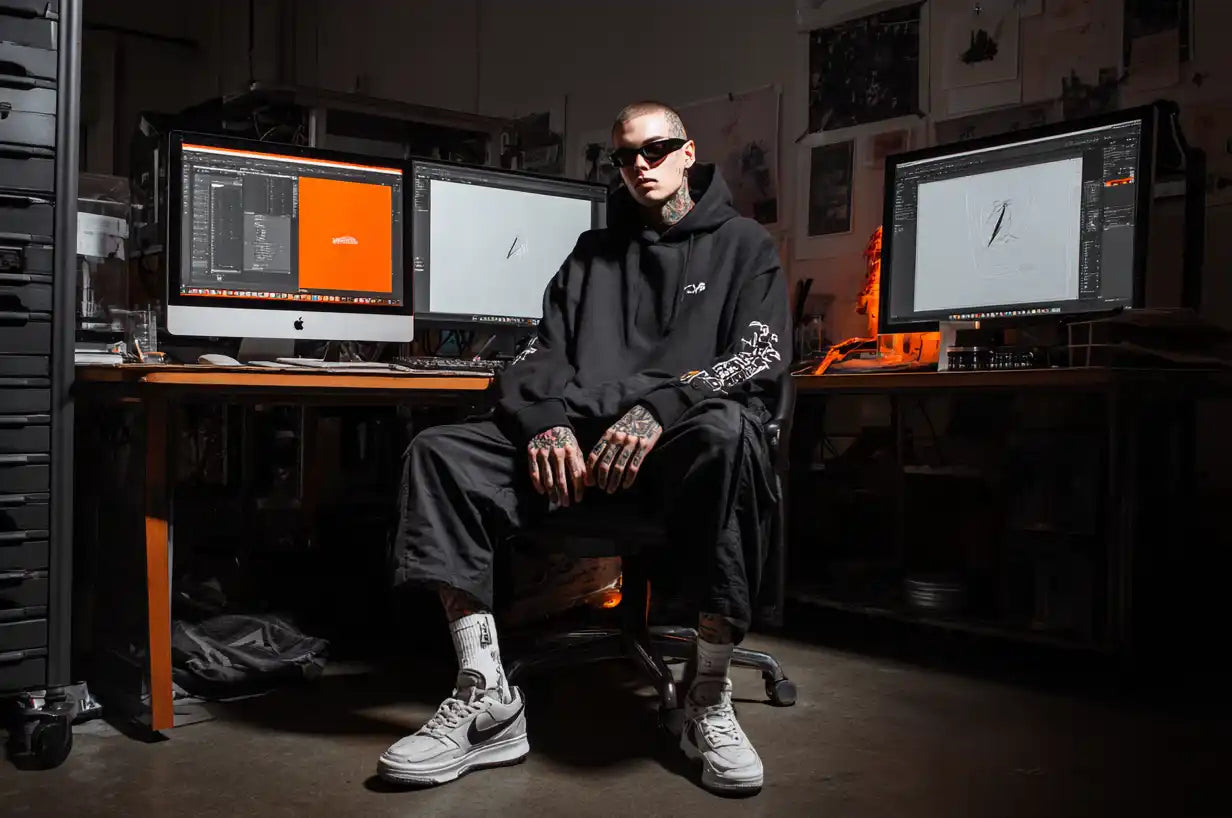
The Latest Clothing Industry Updates in 2025
Discover the latest news about important topics in the clothing industry in 2025,
Stay On Top Of Clothing Industry Updates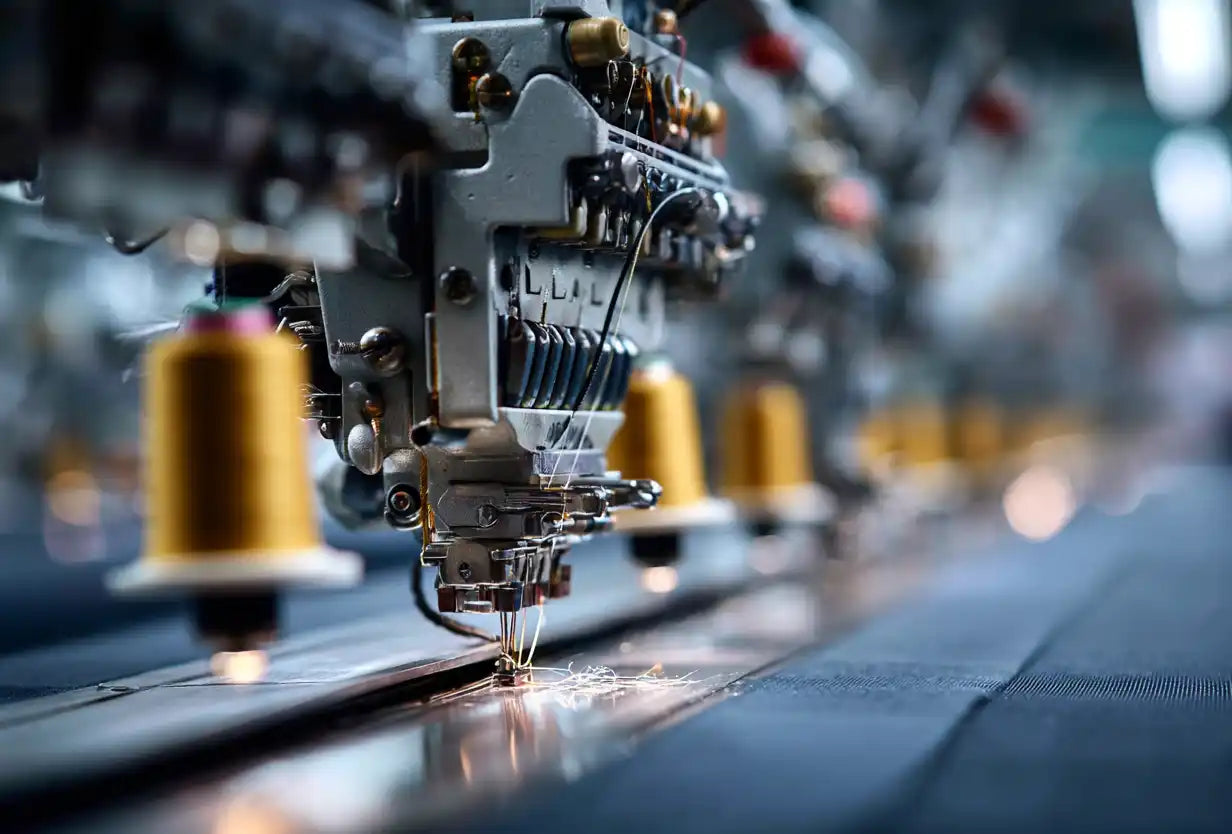
Worldwide Best Manufacturers of Clothes in 2026
Top clothing manufacturers worldwide organized by product type
Find The Worldwide Best Manufacturers of Clothes